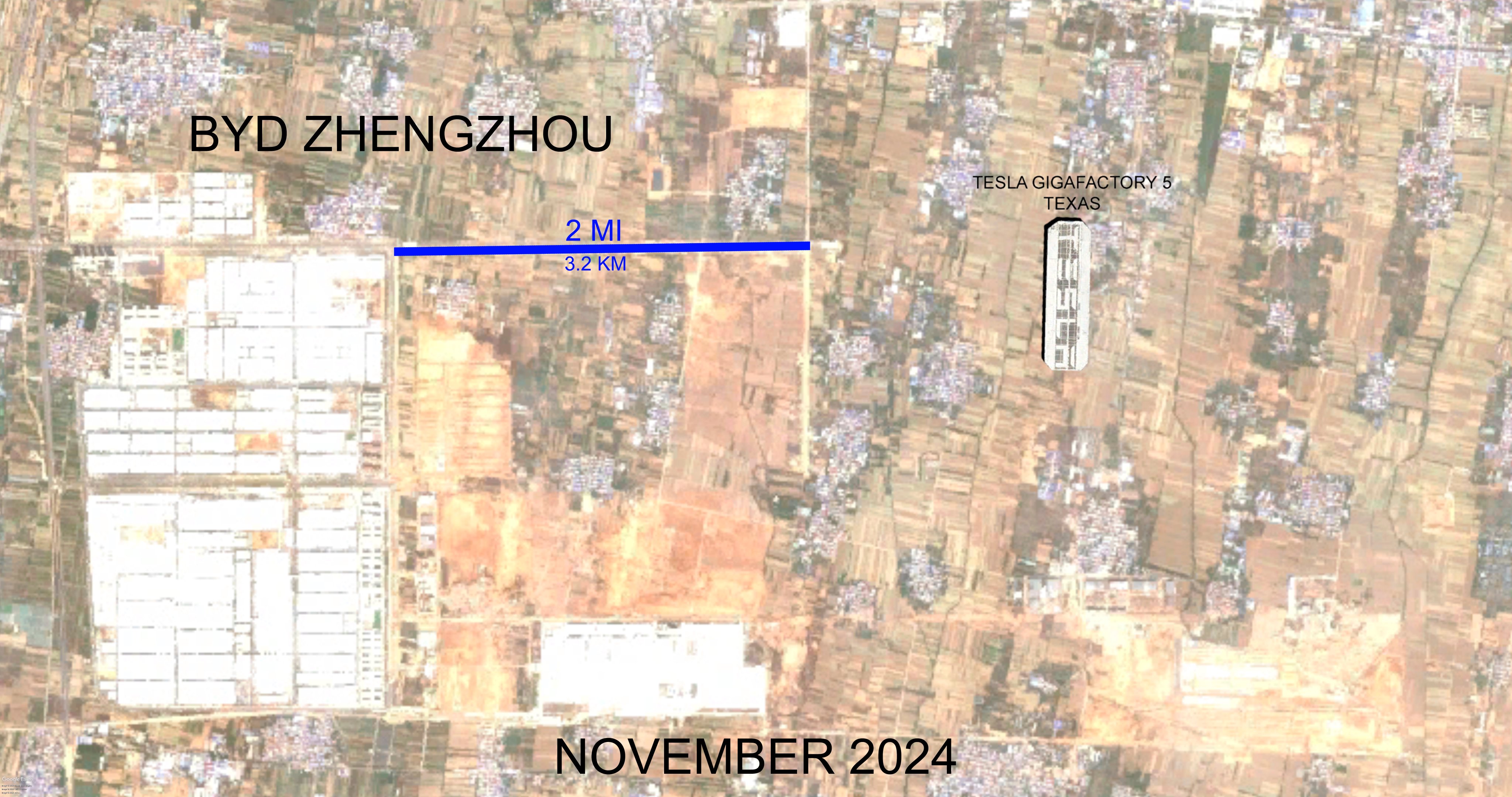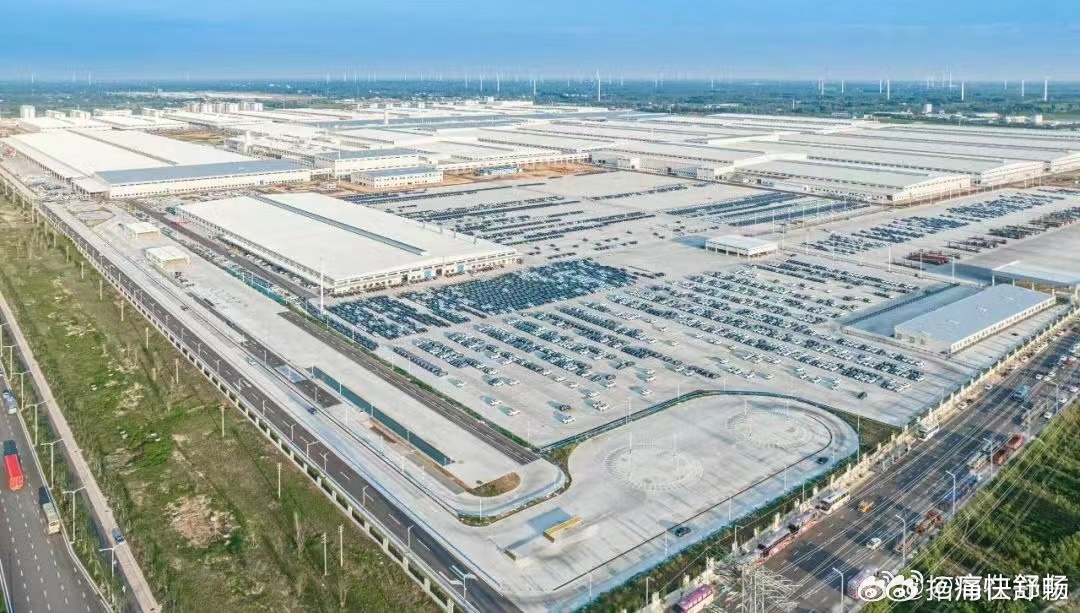
That small % of FDI in proportion to GDP is responsible for 16% of China’s tax revenues and nearly 30% (!!) of China’s export value!
The 16% number is for FIE of all venture configurations and country sources , not just the US which is a small minority of total investment. And capital and revenues of FIE of any short =/= FDI to begin with which is what you mentioned. Also FDI in high tech sectors is at ~10% of total for 2024 but the increase came from non US sources ,is still only 10% and is hillarously dawrfed by China's domestic investment. If we are going to be pulling stats and facts that are only tangentialy true you are better of watching Trumps Joe Rogan episode and search for hints on how he plans on solidifying US dollar hegemony











I already mentioned that some of the FDI from HK SAR is American . Beyond the tax evasion reasons a notable portion of that 70% is outside investment marching through HK into the mainland most of it is still HK Elite and Chinese diaspora. Hong Kong inbound FDI is just as much if not more a mainland round trip reinvestment yeah. So we could be pulling numbers out of our ass all day but based on the above even if lets say the rate of US FDI to other countries FDI that comes through HK is triple their open and direct investment it still doesnt crack 10% of total FDI. Gawking at Chinese FDI flows forget that for over a decade now $100-200 billion is a tiny drop in the now 60 trillion Chinese financial market. China’s growth hasn’t needed foreign capital to fund critical growth for more than a decade now.
As to why they urge it my read is that in a general sense if you still want to be connected to the global economy you will always want foreign businesses input as a channel to the rest of the world. Why give up on something that offers advantage if you can have it? The more direct and practical reason is that in China's view, while they’re trying to manage this transition to a different financial system they would really like imput from experienced foreign investors to show domestic investors how to do their business with smarter and more effective practices. Party directives cant and wont substitute that in the current stage of development. Because let’s be honest a very big reason China landed in this LGFV debt situation in the first place is because most of its financial industry is still extremely sloppy and unserious, maybe even more so than America's. Letting people play finance and after getting immensily rich while also being half a century removed from a non capitalist economy and a litte more from feudalism doesnt create the most competent financial actors. Any other party in charge would have had multiple crises blown on their face vby now
Beyond that sorry i just dont see China's recent monetary and finance moves to be nearly as much of a reaction to US moves and strategies or the attracting of foreign investment being nearly as much of a center focus and need. I see them much more so inwardly focused and reactive to domestic economic restructuring and changes in balance and sentiment. Focused on domestic investors, speculators, elites and doing a balancing act given the real estate bubble popping .
Also once again im confused on how your urge for dedolarization and non exporter economy status coincides with not losening capital controls? The RMB will never take a significant chunk of the global currency share in transactions while RoW remains capitalist and largely financialized with the current level of oppeness and contro of chinese capital markets by the PRC. It can never become a significant reserve currency let alone THE reserve currency. You cant have both that and a closed chinese capital market and controls. Thats why China , while pushing for its use in their own trade and lending more and more doesnt really have any such plans for it. Because if you want to run a hot industrial policy there will inevitably be financial crowding and you will also sustain losses here and there. Lifting capital controls magnifies volatility. Capital flies out more during highly loaded losses. This is prone to creating bubble and bust cycles. If your objective is extractive financial activity you can manage it. But if you want to drive growth of production that kind of volatility is bad. China isn't planning to be a global value extractor. It wants to own its own means of production. So it doesn't make much sense to encourage hegemonic currency dominance. That orientation only favors the financial class right now. I think there will be some “managed” capital account loosening but I don’t think China is ever relinquishing capital controls at any significant capacity so i am strongly skeptical that what they arrive at will ever look anything like an “open” capital account regime. China’s capital controls isolate their financial system from using USD as a primary financial collateral. There's huge quantity of Chinese companies and wealthy individuals recycling their savings into US assets and dollars but that is still a very small amount relative to the size of the Chinese financial system. At most hundreds of billions relative to an 18 trillion GDP and 60 trillion financial system. There is a lot room to relax them a bit without relinquishing sovereignity depending on their geopolitical goals, the yuan strength they target and whatever domestic need